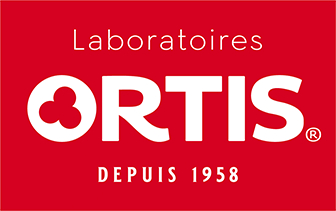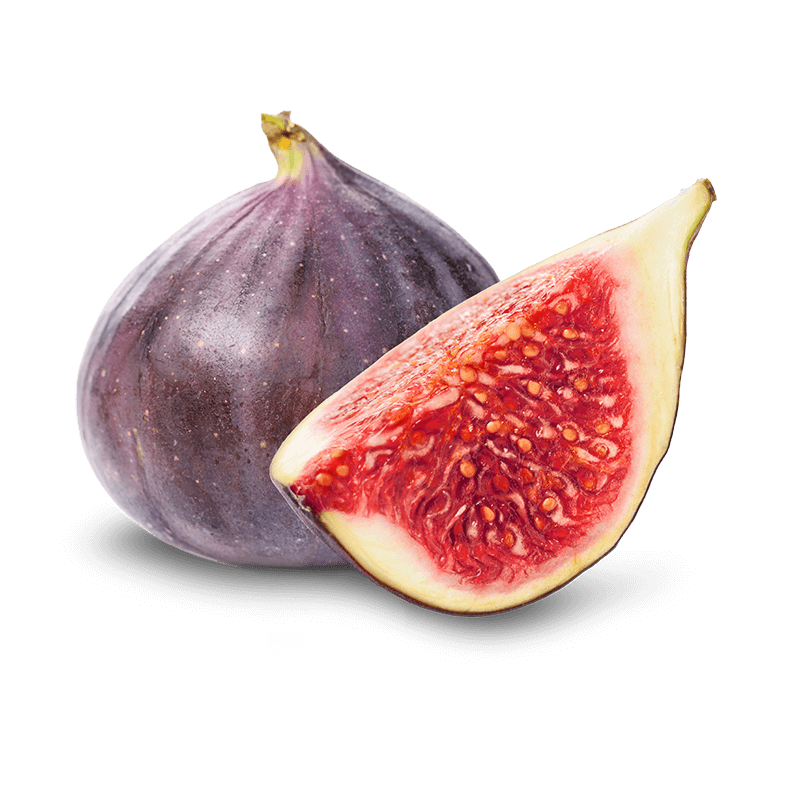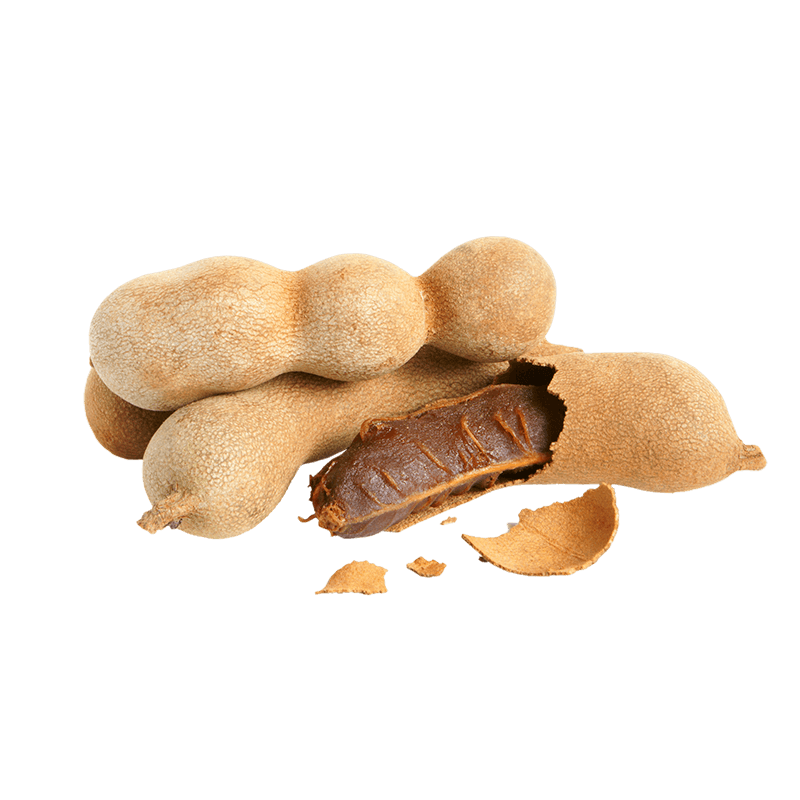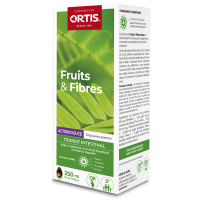Do your children have transit problems?
Babies and children can also experience the discomforts of lazy bowels.
During the child's first year of life, the rectal muscle is not fully developed and sometimes lacks tone and elasticity.
While growing, the child goes through various development-related physical and psychological changes, which can be trigger factors for lazy bowels. If your child's stools are hard and small, it means that something is wrong.
In the case of children aged less than 3 years, it is always advisable to seek the advice of the paediatrician or GP if the problem persists. For example, he might recommend a milk enriched with prebiotics or indigestible sugars that have the same effects as fibres on transit. This lets the stools become less compact and therefore easier to evacuate.
The importance of regularity
When young children are at the toilet training age, they often develop temporary problems with emptying their bowels. Quite simply, it is important to teach children correct standards of hygiene and to get them used to certain rituals. For example, using the potty every day at the same time, or using a toilet fitted with a child’s toilet seat or a stool that provides support for the feet and ensures the correct position (as if squatting).
Children also regularly have problems with slow transit and often complain of stomach ache and intestinal discomfort without saying that they have not been going the toilet normally.
- It is important to monitor the diet of older children or of those who have at least started a solid-food diet: fruit such as pears and plums, vegetables such as courgettes, cabbage, lettuce and spinach, help to regulate intestinal activity due to their high fibres content.
- It is essential that the child drinks water regularly: this makes the stools softer and thus facilitates transit through the intestine. Prepare a small personalised bottle with flavoured water to motivate the child to drink more.
- During the period when intestinal activity is less active, it is advisable to consume milk or yoghurt daily: lactic ferments seem to play an important part in promoting correct intestinal function.
- Do not forget that in addition to its benefits for children's lives in general, sufficient and regular physical activity also helps to stimulate digestion.

Corine and her son Thomas, aged 6 years
Thomas does not go to the toilet often enough. I am very insistent that he eats more fruit and drinks large glasses of water, but it's not easy for him...
I need to find a natural but gentle solution for him!
Fruits and ingredients that are naturally rich in fibres
The whole secret of lies in the synergy of the ingredients to regulate transit gently and effectively, in the form of syrup with a pleasant apple flavour.
- Tamarind is known to promote transit thanks to its bulk-producing effect.
- Figs contribute to good intestinal health
- Without added sugar,contains sugars that are naturally present
- No preservatives
- No sweeteners
 Belgium
Belgium
 Belgique
Belgique  België
België  France
France  Italia
Italia  Portugal
Portugal  España
España  United Kingdom
United Kingdom  Κύπρος
Κύπρος 



